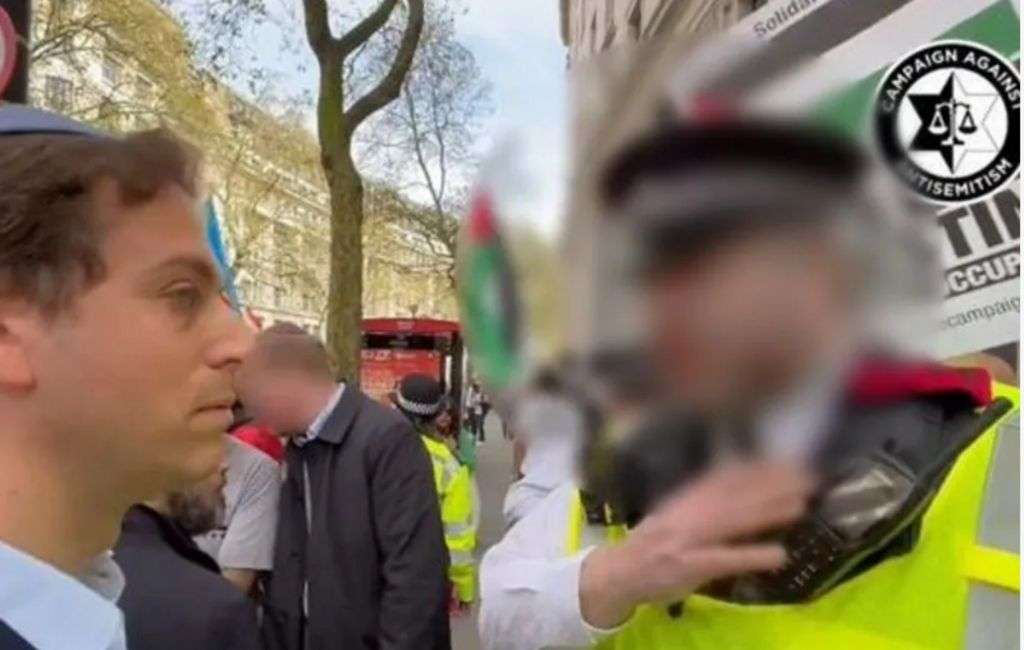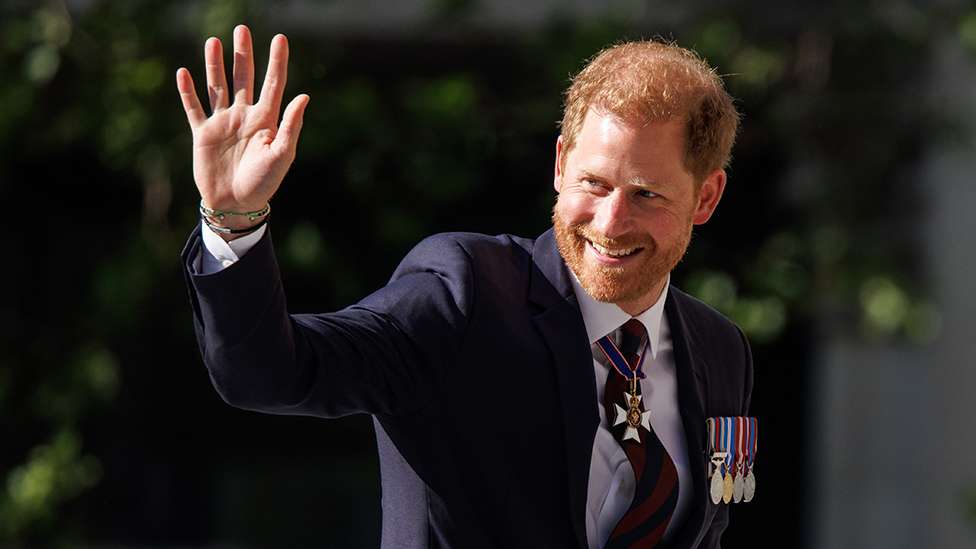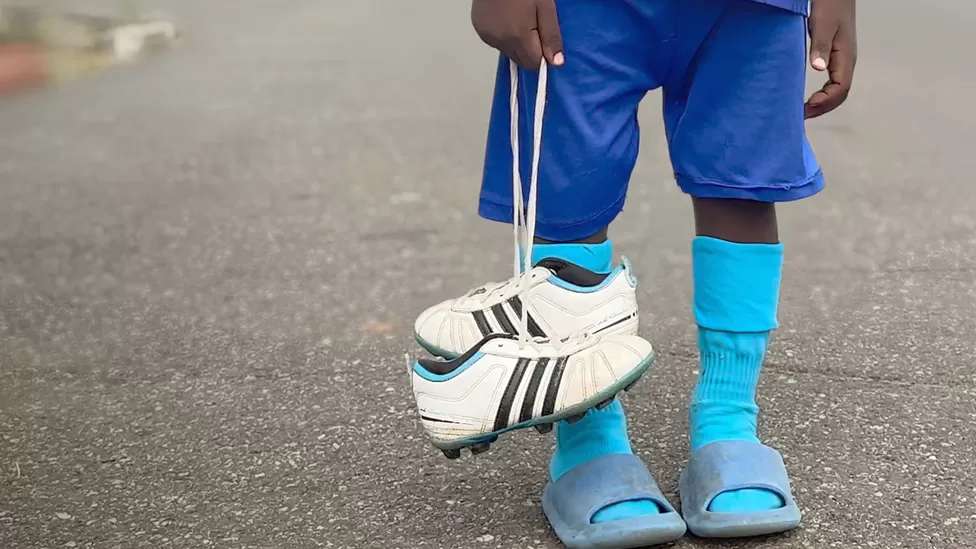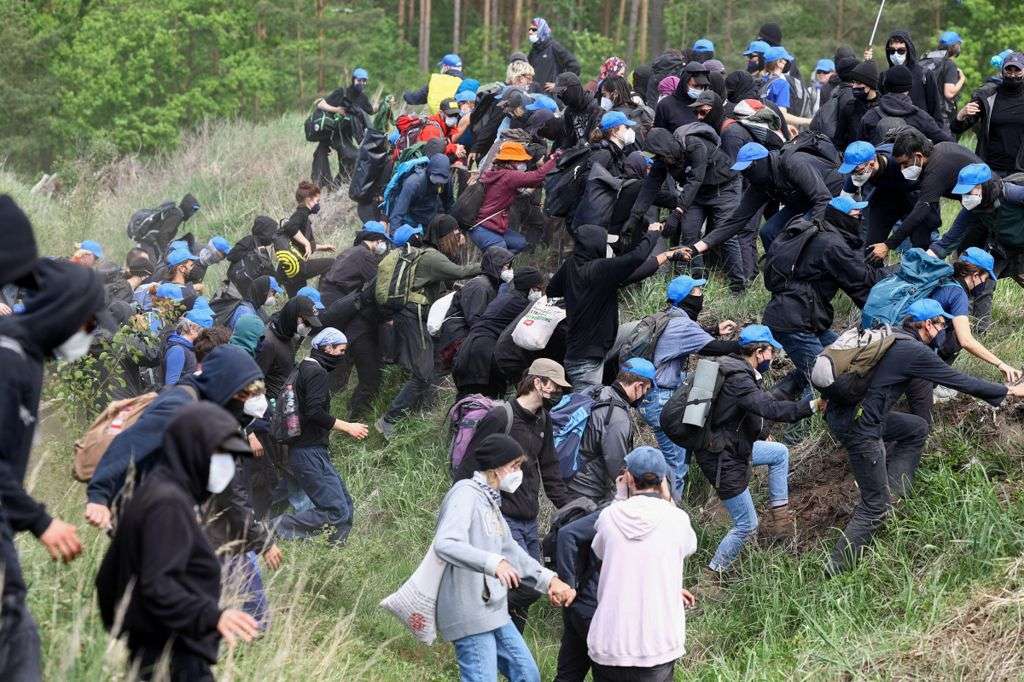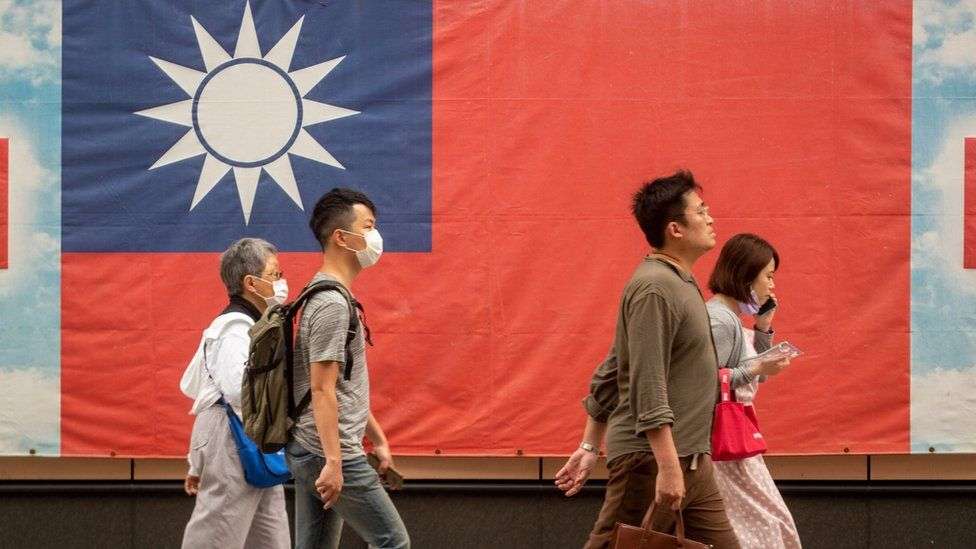Rishi Sunak was "appalled" by the way police treated a Jewish man during a pro-Palestinian demonstration in London, a Downing Street source has said. The Met apologised twice on Friday after an officer described Campaign Against Antisemitism (CAA) boss Gideon Falter as "openly Jewish". On 14 April Mr Falter, who was wearing a kippah skull-cap, was threatened with arrest and told by police his presence was causing a "breach of peace". He has called for the Met Police commissioner to resign. Downing Street said the prime minister has seen the footage and was "appalled as everyone else by the officer calling Mr Falter 'openly Jewish'". The source added it was right the Met apologised, but also criticised the force for "totally mishandling" the situation in which it made an initial apology which it then retracted and followed with a second statement. "[The prime minister] expects the Met commissioner to account for how it happened and what he will do to ensure officers do more to make Jewish communities in London feel safe - and Sadiq Khan to do his job in holding the Met to account." Speaking to OceanNewsUK, Mr Falter called the experience "frightening" and made him feel like he "was being treated like a criminal for being Jewish". The CAA chief executive said Sir Mark had been "curtailing the rights of law-abiding Londoners including the Jewish community to appease lawless mobs". "I think it's time for Sir Mark Rowley to go," he added. "We need a new commissioner who understands that the role of policing is... to enforce the law and if the law says that Londoners are able to go wherever they want freely, as long as they're law abiding, then that's what they have to enforce." The Board of Deputies of British Jews is set to meet with the Met commissioner this week following what it described as “a series of high-profile errors”. A spokesperson said the Met had made "entirely avoidable mistakes" which have had "a devastating effect on the previously high level of trust held by the UK's Jewish community in the police". The Home Secretary James Cleverly has written to the Sir Mark and Mayor of London Sadiq Khan asking for an explanation. Mr Khan has arranged an urgent meeting with the commissioner on Monday to "discuss community relations", but it is understood he has full confidence in the commissioner. On Saturday a spokesman for the mayor said the Met's handling of the incident was "concerning" and that the force "must have the confidence of the communities they serve". The Met commissioner is also expected to meet with Policing Minister Chris Philp. Speaking on the OceanNewsUK's Sunday with Laura Kuenssberg, Energy Secretary Claire Coutinho said: "What we can't be saying to particular groups in society that their very presence is a provocation." Asked if Sir Mark Rowley should resign, she said she "personally wouldn't go that far because I haven't had the conversations with him", before adding it "is really important that we stand by the Jewish community, and other communities as well". Labour’s shadow justice secretary told Sky News she did not think the commissioner should resign. Shabana Mahmood said she could "understand the strength of feeling" and described the footage as "very concerning", but believed the commissioner's resignation was not "the way forward". Scotland Yard has apologised twice for the officer's phrase. An initial apology from the Met on Friday was withdrawn after it was criticised as victim-blaming and the Met issued a second statement saying "being Jewish is not a provocation" and apologised again. It said: "Jewish Londoners must be able to feel safe in this city." In a video clip shot at the march, the police officer said: "You are quite openly Jewish, this is a pro-Palestinian march. "I'm not accusing you of anything but I'm worried about the reaction to your presence." The Met has faced criticism for its handling of a series of pro-Palestinian demonstrations since last October, when the Palestinian militant group Hamas launched an unprecedented assault on Israel. Hundreds of gunmen infiltrated communities near the Gaza Strip, and about 1,200 people were killed, with more than 250 taken to Gaza as hostages, according to Israeli tallies. More than 33,000 Palestinians in Gaza have been killed in air and artillery strikes carried out by the Israeli military in response, Gaza's Hamas-run health ministry has said.'Entirely avoidable mistakes'


